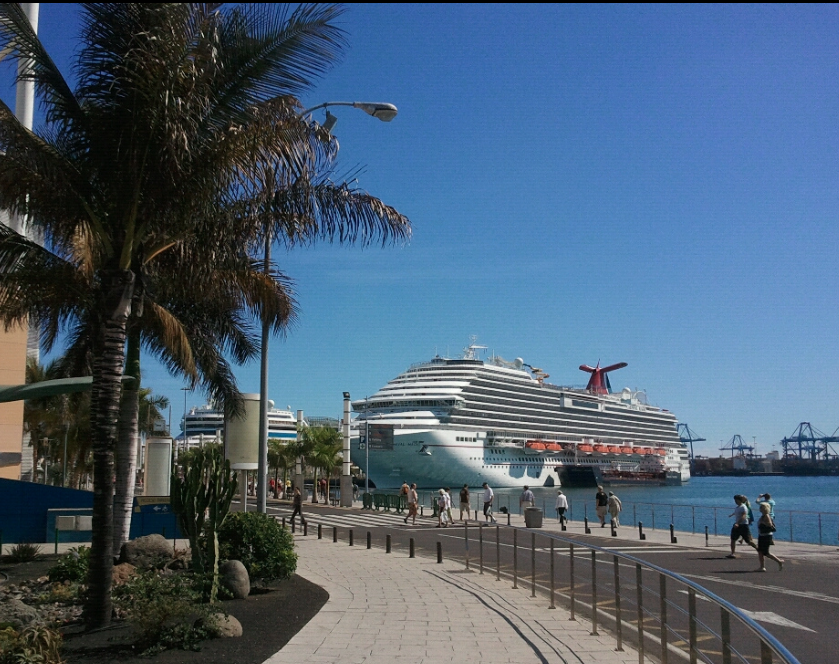You can change the conversation. Chip in to rabble’s donation drive today!
Carnival cruise passengers on a trip to the Bahamas got a surprise earlier this year when they were joined on their trip by three activists, all bearing t-shirts with the picture of Carnival Cruise Lines CEO Arnold Donald and the words, “ask me about Arnold Donald.”
It was part of a multi-pronged campaign against food and beverage container manufacturer Crown Holdings. Workers at a plant in Toronto headed to the picket lines in the fall of 2013, and their union, United Steelworkers (USW), knew it would take more than a strike to bring management back to the bargaining table.
At the Toronto Crown Holdings plant, management raised the ire of workers by demanding deep salary cuts: in some cases, as much as $9/hour.
“That facility is a really high-performing facility,” explained Alexandra Eshelman, who works for USW’s Strategic Campaigns Department. “And yet [Crown Holdings] came to them with demands that were completely out of whack with how that facility is performing.”
As a result, 120 workers went on strike on September 6, 2013 and have been striking ever since.
But USW staff knew from past dealings with Crown Holdings that they would have to employ other tactics in tandem with the picket line.
Crown Holdings has been involved in labour skirmishes across the globe. The company, which made $274 million in gross profit in 2013, came to the attention of international activists when they allegedly tried to break a strike at one of their affiliate plants in Turkey in 2012. Eshelman noted that USW has also gone up against Crown Holdings in the United States in several campaigns.
“Immediately we decided to do a broader campaign, beyond the picket line,” said Eshelman.
Rather than depend on just the picket line to get attention, USW staff decided to put pressure on Crown Holdings at multiple levels, including their board of directors.
So how exactly does that include hopping on a cruise for a few days of sun and surf?
Arnold Donald is the CEO of Carnival Cruise Lines, but he is also a member of the Crown Holdings board of directors. USW decided to target Carnival to help move public support to their cause because Carnival was one of the most visible companies connected with Crown Holdings — not to mention that a cruise line needs a lot of canned products.
And so, USW began a campaign that included picketing cruise ship ports in Miami and Tampa Bay, asking travel agents to book customers on other cruise lines, and sending three workers on a cruise, along with 5,000 pieces of campaign literature.
“The members who attended got all kinds of positive reactions,” said Eshelman. “People were interested to hear their stories.”
The strike is still ongoing, but the pressure has had some positive results. Crown Holdings returned to negotiations with USW in early February, a move Eshelman finds promising.
Nonetheless, USW will continue their aggressive campaign approach.
To Eshelman, pulling Carnival Cruise Lines into the fray makes perfect sense — because Crown Holdings Workers are also Carnival’s potential customers.
“The reality is a company like Carnival benefits from having workers earn decent wages and get paid vacations.”



